Olympic trailblazers: Trinidad and Tobago’s legacy of women in sport
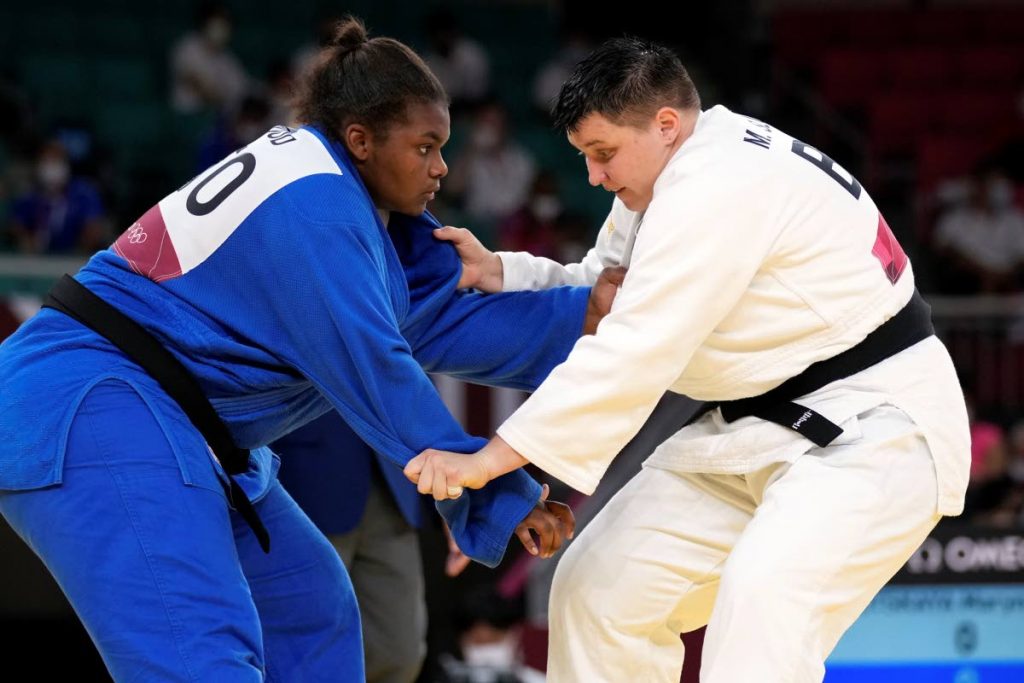
FORTY-NINE years ago, Laura Pierre paved the way for what would eventually become a hotbed for world class female athletes.
Pierre represented TT at the 1972 Munich Games, becoming the first woman from this country to do so. She was just 16.
At age 65, the Arima-born sprinter holds a personal best of 23.8 seconds in the women’s 200 metres, which Pierre set in 1972, shortly before the Olympic Games in Munich. A repeat of her record-breaking performance would have seen her on the podium.
Seeing sporting heroes on television has undoubtedly increased awareness and interest in the sport, and with an increasing number of track and field clubs and national school meets, world-beaters have consistently emerged.
Since Pierre retired, her national 200m record has been reset many times, particularly in recent years by the likes of Kelly-Ann Baptiste, Semoy Hackett, and Michelle-Lee Ahye – the current record holder with 22.25 seconds.
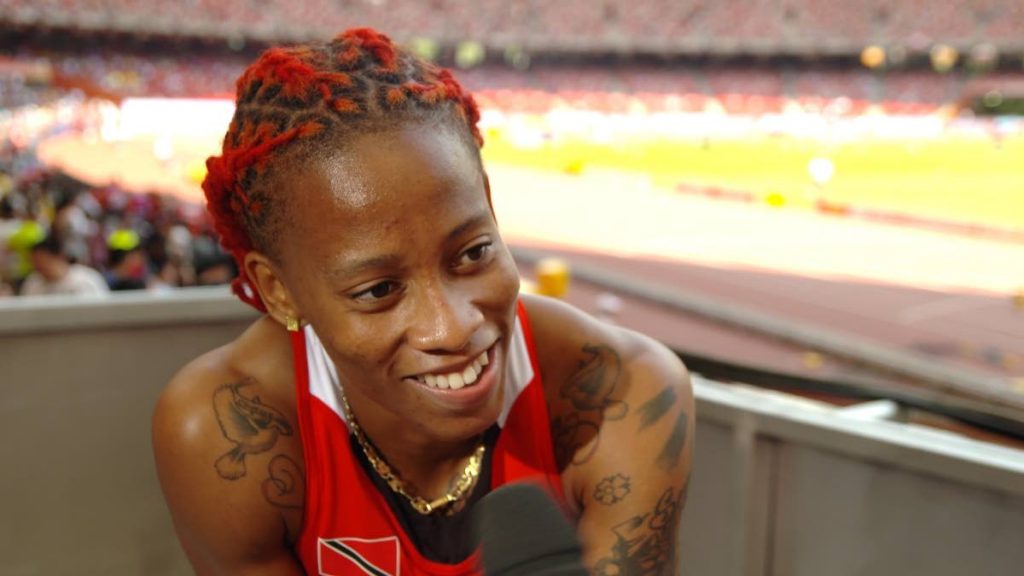
Ahye has gone further, becoming one of the world’s most recognisable women sprinters.
She rose to track stardom at the Glasgow Diamond League meet in 2014 after beating the defending 100m Olympic champion Shelly-Ann Fraser Pryce in 11.01 seconds.
Two years later, Ahye sealed her worth when she qualified for the Olympics for a second time, and impressed after placing sixth overall in a competitive final.
And just months after that, she once again produced hers and TT’s fastest ever women’s 100m sprint in 10.82 seconds, a record she holds to today.
Yet the 29-year-old’s crowning performance came in 2018, when she became TT’s first ever female gold medallist at the Commonwealth Games, winning the 100m in Gold Coast, Australia.
So the stakes were high, as were expectations, when Ahye stepped up in heat three of the women’s 100m semifinals in Tokyo on July 31.
Needless to say, hearts were shattered as she clocked 11 seconds but finished agonisingly close – one thousandth of a second short of one of the two “fastest-loser” spots available for the final. It was her best performance of the season.
“Yes 8th fastest time,” she Tweeted afterwards.
“But unfortunately it wasn’t enough to make it to finals... overall I’m proud of myself for making it this far with all the setbacks I had.”
Last Wednesday, Ahye and Baptiste, along with Kai Selvon and Kalifa St Fort, were disappointed not to advance to the final after finishing eighth in their women’s 4x100m relay hear.
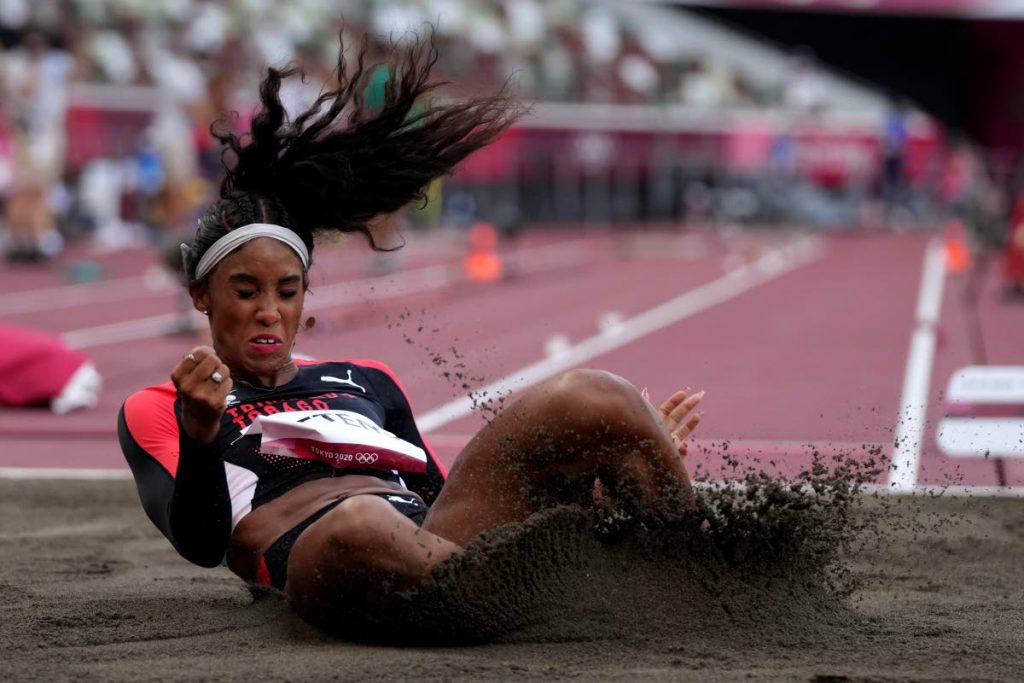
Qualifying for three successive Olympics is a feat in itself. Baptiste, her long-time teammate, recorded a fourth Olympic appearance.
Disappointment hits twice as hard when expectations are high. To make matters worse, Ahye, like many of TT’s other Olympians who were unable to qualify for their final or seal a podium finish, have come under intense, and often unfair, public criticism.
Thanks to the successes of TT’s Olympic heroes like Hasely Crawford, Ato Boldon, Keshorn Walcott, many at home have come to expect medal winning performances at every Olympics, neglecting the fact that qualifying is, in itself, an expensive and arduous journey, with the best athletes in each mainstream sport around the world, seeking to qualify for a limited number of spots.
It is notable that TT has been consistently represented in particular sports, like athletics and swimming, perhaps suggesting that the athletes provide inspiration to younger athletes to follow in their footsteps.
Since Pierre’s appearance at the Munich Games, team TTO began fielding more women in athletics, with the notable rise of Angela Williams, who sprinted at the 1984 and 1988 Games. Janice Bernard, Gillian Forde and Ester Hope-Washington also ran with Williams in the women’s 4x100m relay in 1984, an unprecedented year for this country in terms of athletes represented.
In the field, Cleopatra Borel also represented TT at the Olympics on four occasions. She and Candice Scott have undoubtedly influenced Portious Warren, who represented TT with distinction just days ago.
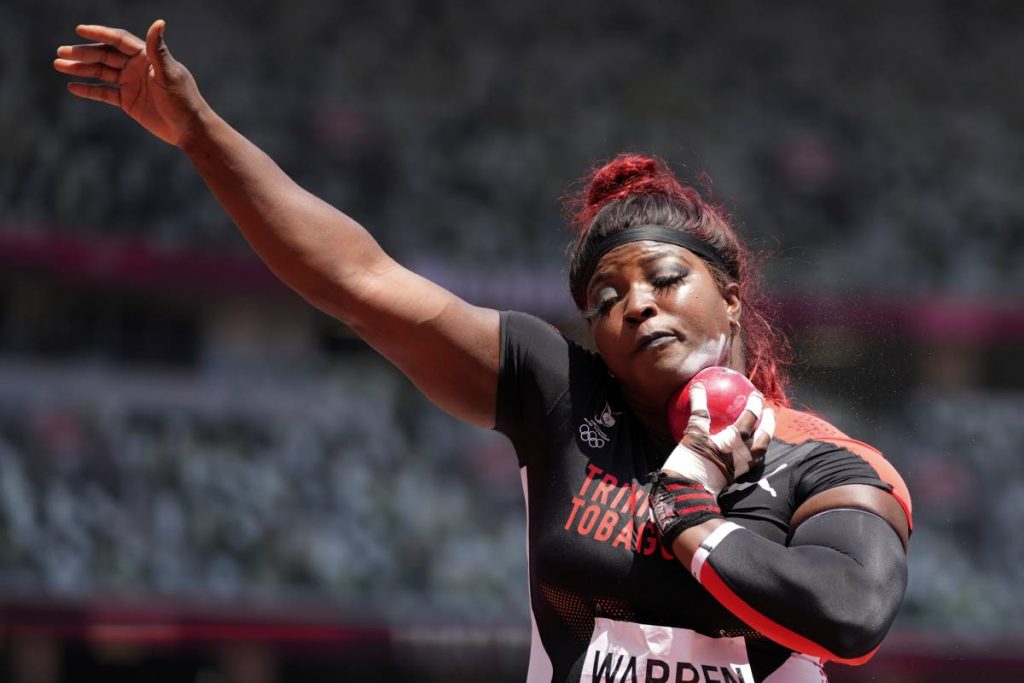
Warren was a late addition to the Olympic team roster as a replacement qualifier.
However, she quickly won over fans in Tokyo, smiling broadly with an unmistakable West Indian charisma, on course for her best ever performance.
At 25, Warren made her Olympic debut last week, finishing an impressive 11th overall.
That came following a qualifying effort which saw her break her personal record, launching the sphere 18.75m in the qualifying round.
Warren was one of two bright spots for TT’s women in field events, with a similarly poised Tyra Gittens doing TTO proud on the long jump. Previously, TT was seldom represented in women’s field events, with a notable exception in Natasha Alleyne who competed in both the long jump and triple jump at Atlanta Olympics in 1996.
Gittens, 23, placed tenth in the women’s long jump final at the Tokyo Games last Monday. Primarily a heptathlete, Gittens has excelled specifically in the long jump, which she may consider specialising in.
Just months prior to her Olympic effort, Gittens achieved a personal best and national record of 6.96m in the long jump at the SEC Championships in the United States.
Perhaps after athletics, TT has been best represented in swimming events, going back to Karen Dieffenthaler who debuted for this country at the 1988 Olympics and followed by Siobhan Cropper who represented TT twice, in 1996 and 2000.
Cherelle Thompson, at 29, joined the legacy of TT women swimmers, having recently finished her account in Tokyo.
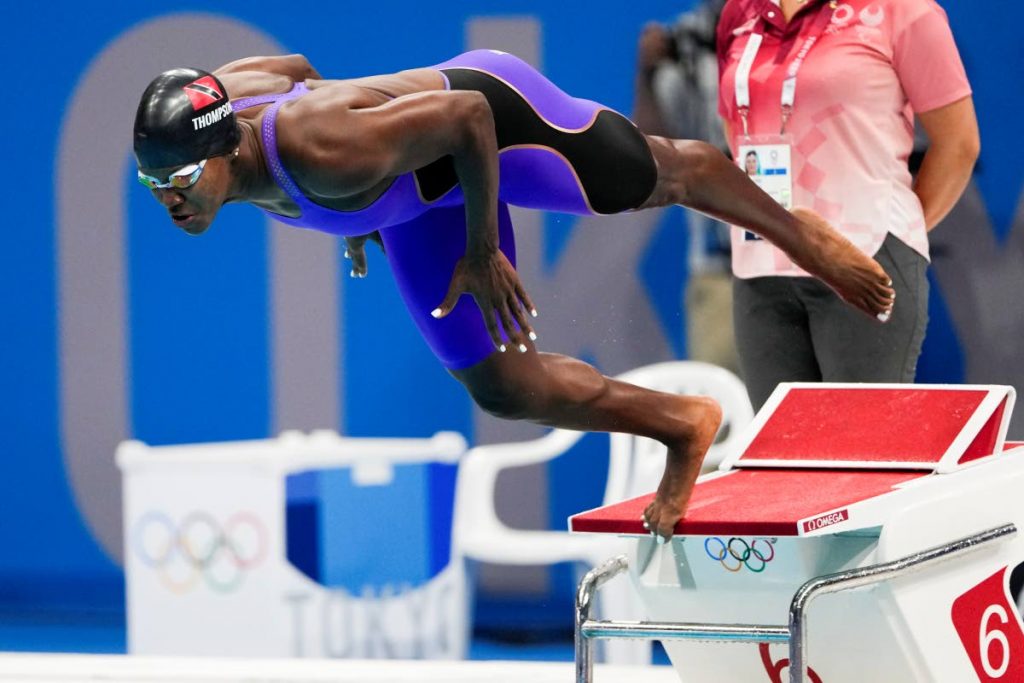
In martial arts, Gabriella Wood, competing in the +78kg class, became TT’s first ever representative in women’s judo and second ever martial artist at the Olympics.
Wood follows in the footsteps of Cheryl Ann Sankar, one of the country’s most decorated athletes outside of track and field.
Now 57, Sankar’s distinguished career, including multiple Pan American Games and World Championship medals, culminated with her appearance in the featherweight division at the Sydney Games in 2000.
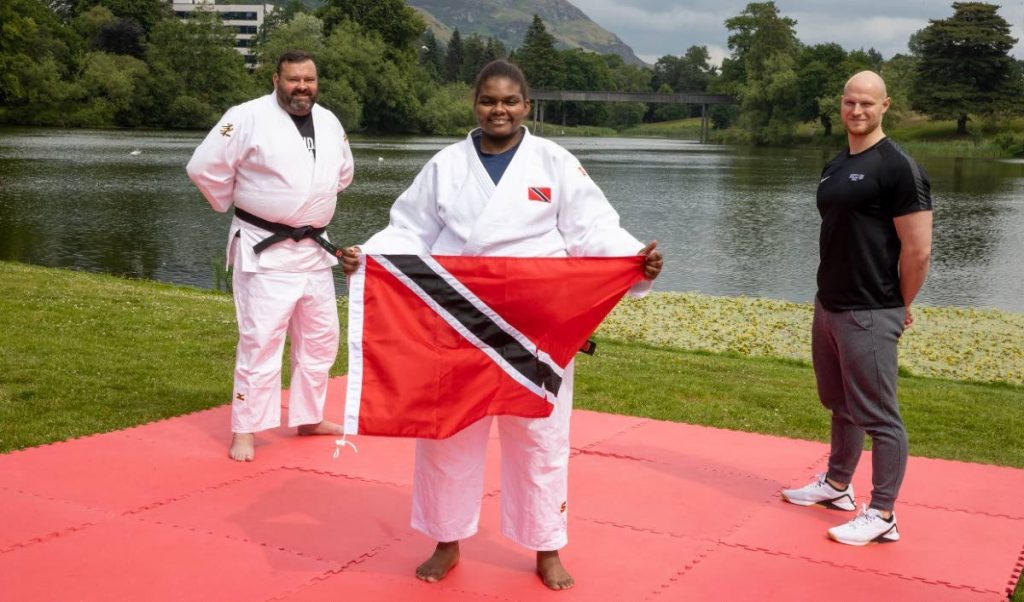
Wood was unable to get past the first stage but in her judo contest showed determination to qualify for Tokyo. Although just short of the automatic qualifying spot in the class, she qualified by virtue of the Pan American regional continental quota by accumulating some 278 points.
History was written once again by Teniel Campbell who became this country’s first female athlete to qualify for the Olympic cycling road race.
The lone Caribbean representative out of 67 cyclists, Campbell, did not finish the race.
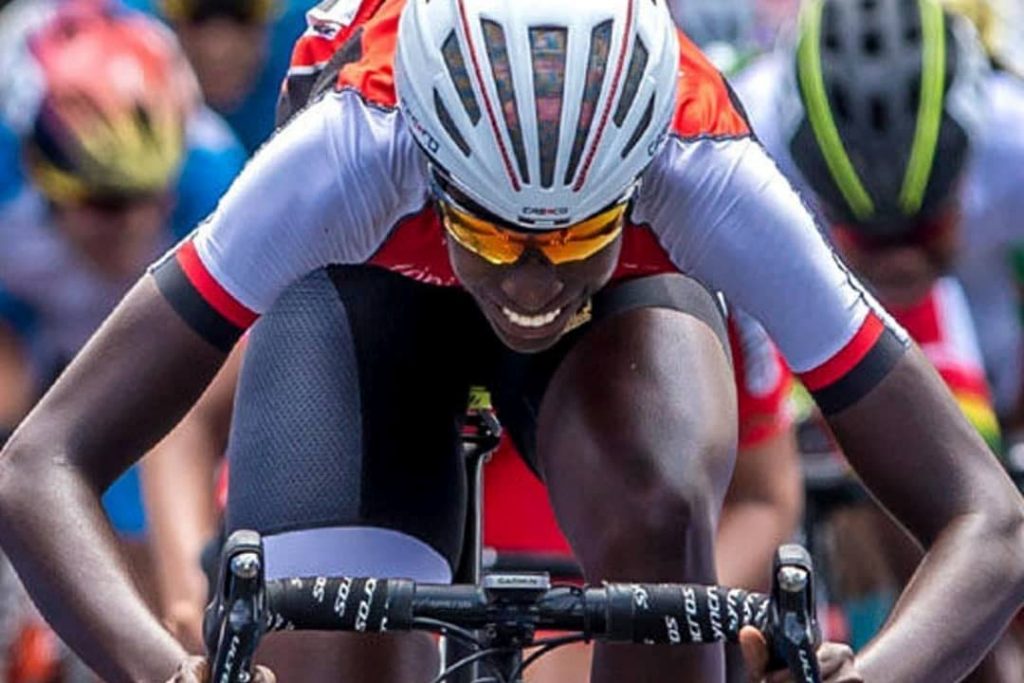
But at 23, and with national and international records, and countless other achievements to her name, Campbell has seemingly just begun her cycling career.
On the opposite end of the experience chart, prolific rower Felice Chow, 44, is at the twilight of her career.
Chow competed in Rio de Janeiro in 2016. She fittingly opened team TTO’s account in Tokyo, as she is expected to wind down her formal rowing career.
Male athletes representing TTO still far outnumber female athletes. However, female inclusion at the Olympics has come a long way since the 1984 Games in Los Angeles, when there were about 2.5 male athletes for every female athlete.
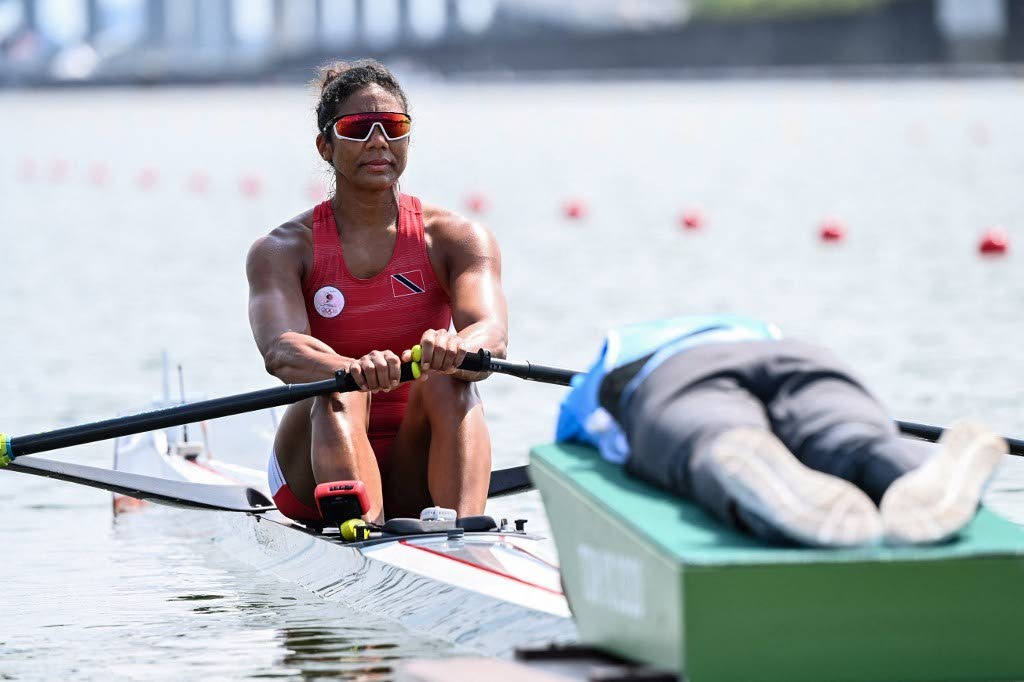
Today, the difference is marginal, with 5,651 male athletes compared to 5,386 female athletes.
The TT Olympic Committee has committed itself to improving female participation, not only in sports itself but in administrative roles, including that of chef de mission performed this year by Lovie Santana, with support from Rheeza Grant as TTO’s covid19 liaison officer.
Unfortunately, the covid19 virus did affect TTO’s squad, with Sparkle Ann McKnight being forced to withdraw from the women’s 400m hurdles after testing positive.


Comments
"Olympic trailblazers: Trinidad and Tobago’s legacy of women in sport"